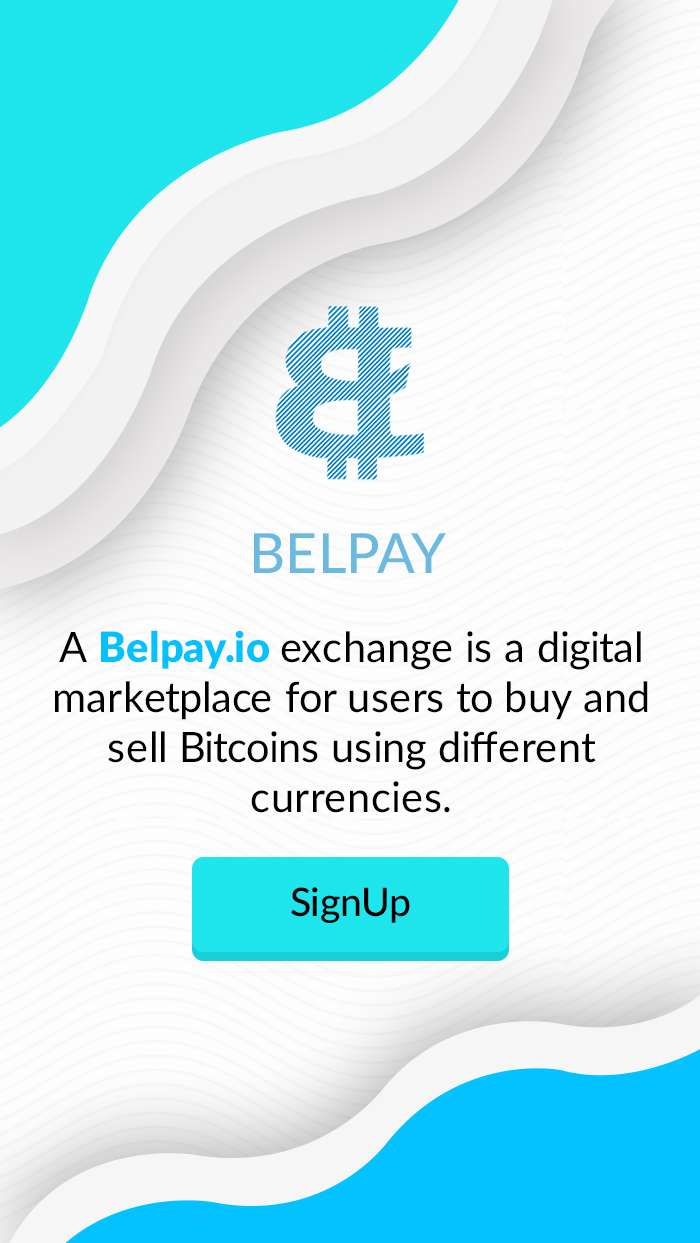Latest News
A report of a current event, knowledge, information.
Related CryptoCurrencies

Recent News

Layer 2 Blockchain & The Future of Decentralized Ecosystems
February 19, 2026
WhiteBitcoin (WBTC) — Official Christmas & New Year Update
December 25, 2025
What Are VIP Web3 Wallet?
May 30, 2024
What Is Web3 and Why Does It Matter?
May 30, 2024© 2026 WBTC Price All Rights Reserved.

-min.jpg)
 (1)-min.jpg)
-min.jpg)

 White Bitcoin
White Bitcoin Bitcoin
Bitcoin Bitcoin Cash
Bitcoin Cash Bitcoin SV
Bitcoin SV Bitcoin Gold
Bitcoin Gold



.png)
.webp)
.webp)



